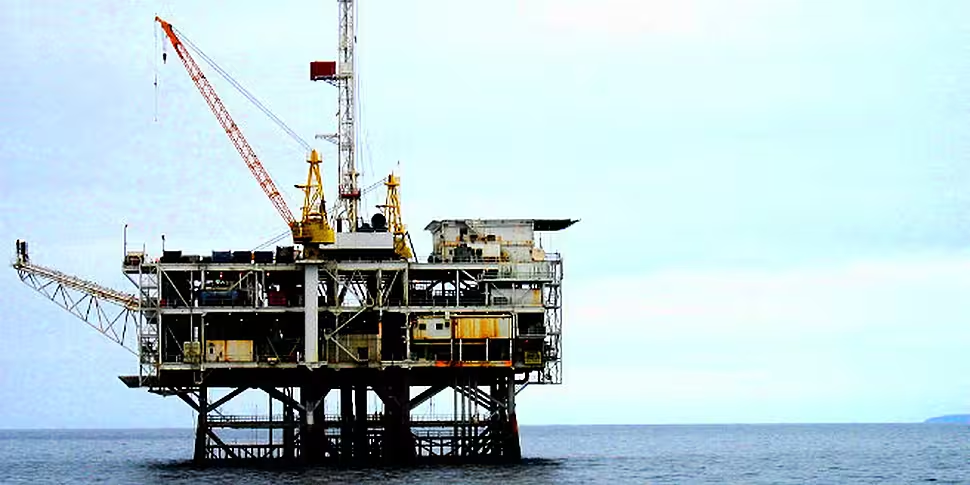Oil markets are still realising the full implications of last week's OPEC meeting, which decided to keep oil production at 30 million barrels a day for the next 6 months.
Brent oil prices have fallen to a five-year low, hitting $68, before recovering slightly, climbing back up to $69.80.
 -
-
Graph from NASDAQ.com
Saudi-America
Much of the reaction to last week's meeting (particularly in the US) framed the decision as a move by Saudi Arabia to put pressure on the US oil market. New technology has sent US output into overdrive - where fracking has increased crude oil production by 80 percent since 2008.
It has been argued that fracking could help the US gain energy independence, but there is little to suggest that this would do enough to make the country anywhere near energy-independent. It might supply a decent proportion of the country's electricity needs, but it is impossible to imagine a future where driving cars and flying planes will not be dependent on foreign oil.
While the pressure is being upped on US producers - they are unlikely to back down. When you combine this factor with a poor outlook for the world economy, you can expect the oil glut to continue for some time.
What about Ireland?
Motorists in Ireland would be forgiven for getting excited with all this talk of falling oil prices - but while global prices fall by over 30 percent, at best Irish drivers might see a few cents being knocked off the price of petrol.
This is because over 40 percent of the pump price here is used to pay taxes - and most of these taxes are charged per-litre, not as a percentage of the actual price of the fuel.
The Irish economy will benefit from cheap oil as it cuts costs for companies. Irish airlines have been profiting from cheap oil, and Ryanair has previously indicated that it intends to pass on some of its savings to consumers.
Exporters will also gain as countries like Germany and the UK see some of the benefits of cheap oil, improving the economic outlooks for two of Ireland's key export markets.
OPEC losers
While the party line from OPEC is that the market will correct itself over time - and that the cartel does not need to rush into taking any drastic action - it is well known that many nations within the group were hoping for a cut in production to prop up oil prices.
When these oil-producing countries draft their national budgets for the year, they are generally based on an assumption that oil prices will remain at a certain level. For example, Venezuela's budget is dependent on oil prices staying above $100 a barrel and the United Arab Emirates needs oil to stay above $80 to meet its budgetary obligations.
Crashing prices cause chaos in these economies. Venezuela is in a particularly perilous position - oil accounts for 95 percent of the country's export earnings.
Iran, another country who could have done with a cut in production, has likened Saudi Arabia's approach to 'shock therapy'. The country's Oil Minister Bijan Namdar Zanganeh has commented that the Saudi representative at last week's meeting made reference to US shale production when outlining the rationale behind not altering the cartel's production levels.
Bigger nations in OPEC run the risk of causing splits within the group if they continue to ignore the cartel's smaller countries.









